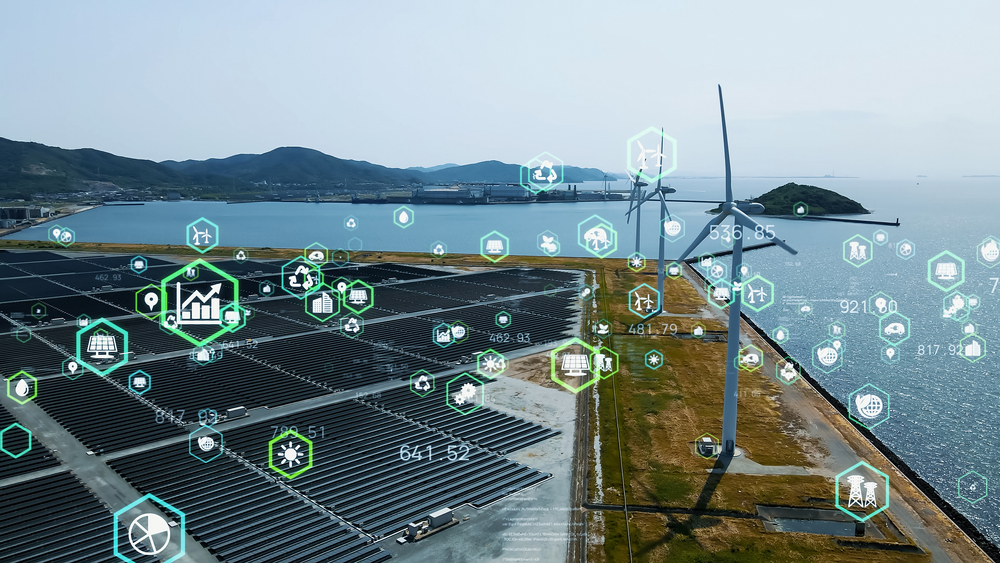According to Google’s latest environmental report, the company has stopped bulk purchasing cheap carbon credits to offset its CO2 emissions and abandoned the carbon-neutral status it has declared since 2007. “Beginning in 2023, we will no longer commit to operational carbon neutrality,” Google said in a statement. The company will now aim to achieve net-zero carbon emissions by 2030.
Google appears to be adapting to increasingly stringent sustainability criteria. “In response to the changing market, including the more robust carbon removal ecosystem we have helped drive, we have changed our strategy,” a Google spokesperson said. “We are committed to avoiding or reducing greenhouse gas emissions to achieve our absolute emissions reduction target.”

The change in carbon-buying strategy coincides with advances by Google and other big tech companies in AI, which is extremely resource-intensive. As a result, Google’s total planet-warming emissions in 2023 are 48% higher than in 2019. During this period, total energy consumption doubled. Microsoft has a similar situation – its activities in the field of AI led to an increase in emissions by 30% compared to 2020.
Carbon Offsets and Sustainability Efforts
Carbon neutral status should be awarded to a company that balances its emissions using methods that absorb the same amount of CO2 from the atmosphere. However, most companies claiming carbon neutrality rely on relatively inexpensive offsets (where one credit equals a ton of emissions) received from green projects that claim to protect forests, use clean energy, or prevent the production of emissions.
While these actions should theoretically help tackle climate change, experts say buying offsets has little impact on actual emissions reductions. Many green projects exaggerate their achievements, and most power plants using renewable energy sources are built with funds from the sale of quotas. Experts say most zero-carbon claims are at least dubious.
In 2022, Google bought nearly 3 million tons of offsets to balance its direct emissions with those from business travel. In its sustainability report, the company does not identify specific sources of environmental credits, but says they have been verified “in accordance with the Climate Action Reserve (CAR), American Carbon Registry (ACR), Verified Carbon Standard (VCS) or UN methodology.”
Now Google will abandon bulk purchases of offsets and focus on absolute emissions reductions. In 2022, Google pledged $200 million to fund the carbon removal market. In 2024, the company entered into contracts for 62,500 tons with three companies – Charm Industrial, Lithos Carbon, and CarbonCapture – with execution dates between 2024 and 2028. But this is only a small part of its total emissions – direct and indirect – which reach 14.3 million tons of carbon equivalent per year.
Commitment to Science-Based Targets
Google has officially joined the Science-Based Targets Initiative (SBTi), which monitors corporate climate goals and encourages companies to focus on reducing their emissions and only use offsets for a small portion of residual emissions. “We remain committed to our sustainability goals,” a Google spokesperson said. “Achieving net-zero emissions by 2030 is an extremely ambitious goal and we are working very hard towards it. We don’t have all the answers, but we are determined.”
Google isn’t the only company changing its carbon credit strategy, adds NIX Solutions. For example, airline EasyJet and flooring company Interface have stopped purchasing offsets. Such decisions led to the contraction of this market last year. Both companies have also received confirmation of their climate targets from SBTi over the past few years.
Carbon Market Watch experts believe that “perfect control of company emissions is a misguided exercise. For example, even if emissions could be clearly eliminated, they would still cause harm while they existed in the atmosphere. It’s good that companies are recognizing that reducing emissions is a priority.” We’ll keep you updated on any new developments in this area.
